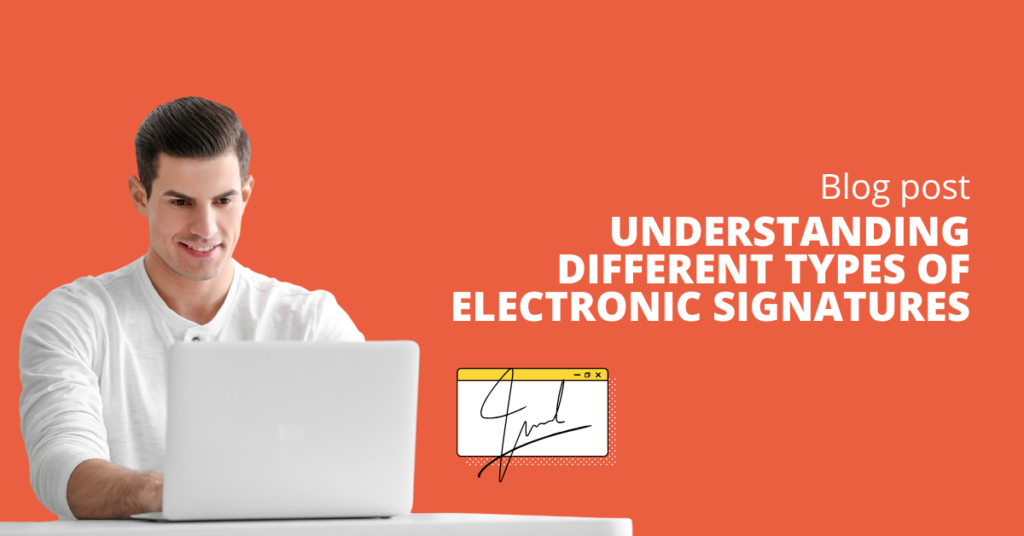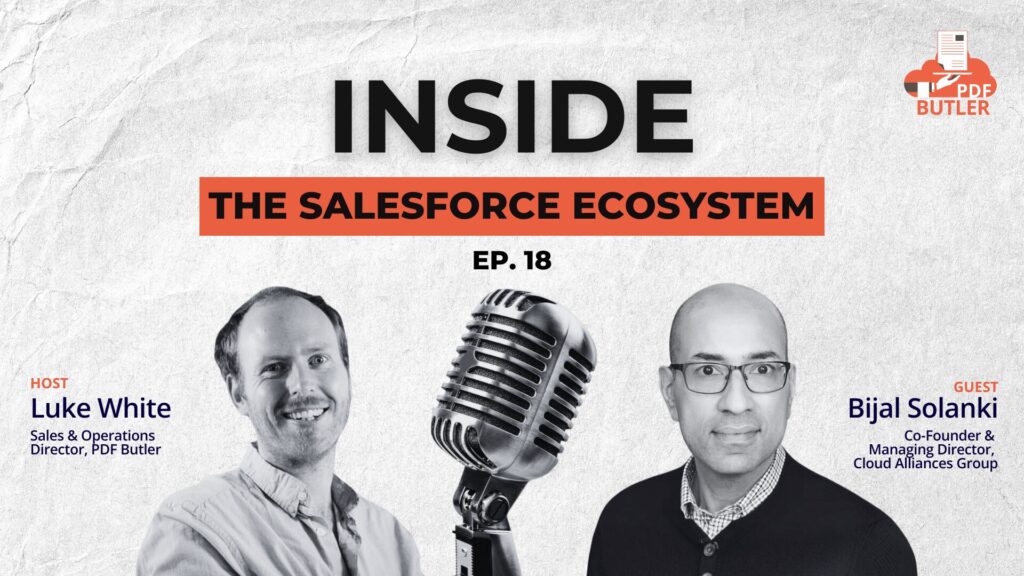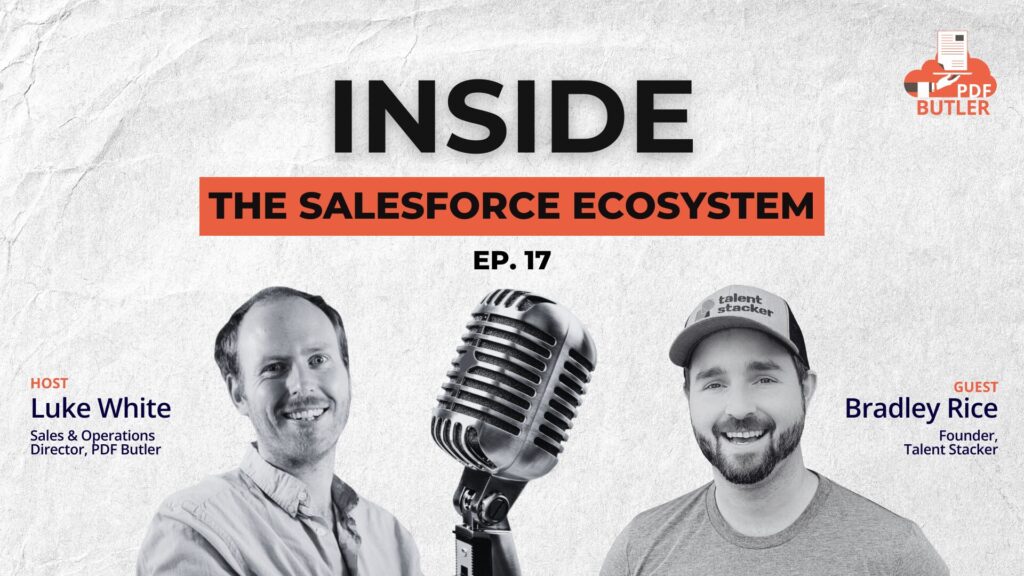Asking your customers to print, sign, scan, and send back documents is time-consuming and inefficient, especially when multiple signers are involved. This outdated process leads to unnecessary delays and often results in documents with compromised readability due to multiple print and scan cycles.
Why Electronic Signatures Matter
Switching to electronic signatures eliminates these issues by offering a faster, more seamless way to get documents signed—even when signers are spread across different locations. With electronic signatures, individuals can sign documents without leaving their desks or using extra equipment. This simplicity speeds up the process, reducing delays and ensuring important documents are signed promptly.
At PDF Butler, we understand the importance of making this process as smooth as possible. That’s why we created SIGN Butler. Enabling seamless, automated signing experiences directly from your Salesforce environment. But not all electronic signatures are the same, so let’s explore the different types and their use cases.
Different Types of Electronic Signatures
There are three main types of electronic signatures, each with unique characteristics that make them suitable for specific scenarios. Knowing the right type to use can greatly impact your document workflows and legal assurance.
1. Basic Electronic Signature (BES)
What is it? A Basic Electronic Signature (BES) is the simplest form of e-signature, typically involving a scribble or a typed name on a screen. This method is user-friendly and familiar to most people, as it closely resembles a traditional handwritten signature.
Use Cases: BES is perfect for situations where user experience is prioritized, and the document doesn’t require a high level of legal assurance. For instance:
- Internal documents such as meeting minutes
- Low-value contracts
- Timesheets or routine approval forms
While BES is widely accepted, it’s important to remember that it may not provide sufficient identity verification for high-stakes agreements. To strengthen the process, SIGN Butler ensures that email confirmation is sent to the signer, providing an added layer of auditability.
2. Advanced Electronic Signature (AES)
What is it? An Advanced Electronic Signature (AES) incorporates two-factor authentication (2FA) methods, such as email or SMS passcodes, to verify the signer’s identity. This type of signature strikes a balance between security and user-friendliness.
Use Cases: AES is a great option for documents that need a higher degree of assurance than BES provides. Consider AES for:
- Client contracts
- Important business agreements
- Approvals that require verified identity
To make AES work smoothly, ensure that the contact details in your Salesforce records are up-to-date. Using a central or shared email address should be avoided, as it may compromise the identity verification.
3. Qualified Electronic Signature (QES)
What is it? The Qualified Electronic Signature (QES) is the highest level of e-signature, equating to an in-person signature. QES typically requires the signer to use a smart card, USB token, or other government-issued electronic identification (e-ID). With initiatives like ItsMe®, this process has become more user-friendly and accessible, even without additional hardware.
Use Cases QES is ideal for high-value contracts and legally binding documents where non-repudiation is critical. For example:
- Real estate transactions
- Major financial agreements
- Regulatory compliance documents
A QES leaves no room for disputes, as it firmly ties the identity of the signer to the signature. In many regions, such as Belgium, using an e-ID or ItsMe® is already common practice, making QES an expected part of the signing process for critical documents.
Choosing the Right Signature for Your Needs
Selecting the right type of electronic signature depends on the nature of your document and the level of assurance you require. While a Basic Electronic Signature may suffice for simple, low-risk documents, an Advanced or Qualified Electronic Signature offers greater security and peace of mind for more important agreements.
How SIGN Butler Supports Your Business
With SIGN Butler, you can manage your entire signing workflow directly from Salesforce, choosing the signature type that best fits your use case. Our solution supports:
- Automated audit trails for added security
- Seamless integration with Salesforce to simplify document generation and signing
- Flexibility to adapt to different regulatory requirements and business needs
Conclusion
Whether you need the simplicity of a Basic Electronic Signature, the added security of an Advanced Electronic Signature, or the highest level of assurance with a Qualified Electronic Signature, SIGN Butler has you covered. Make your document processes smoother and more reliable—all within your Salesforce environment.



